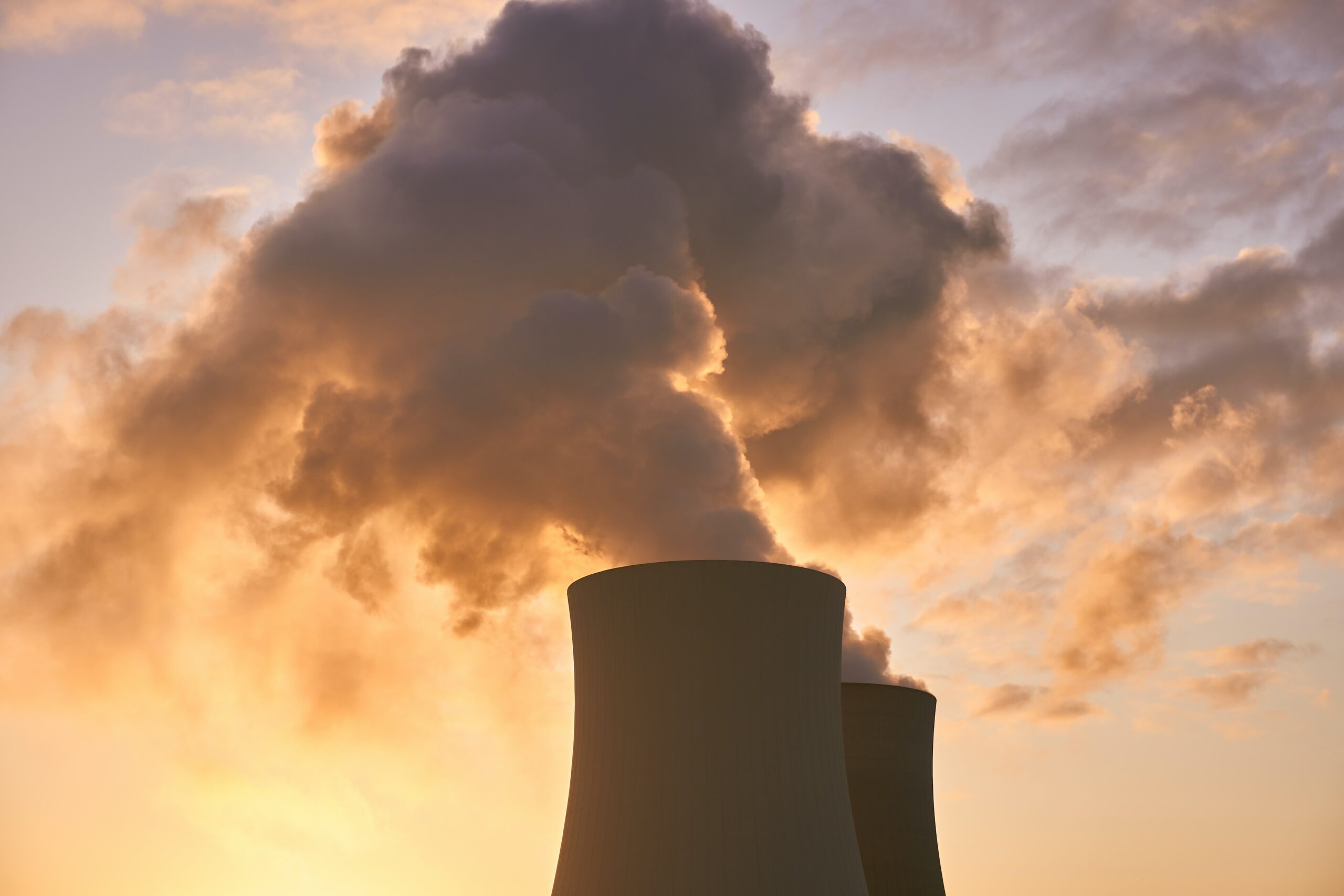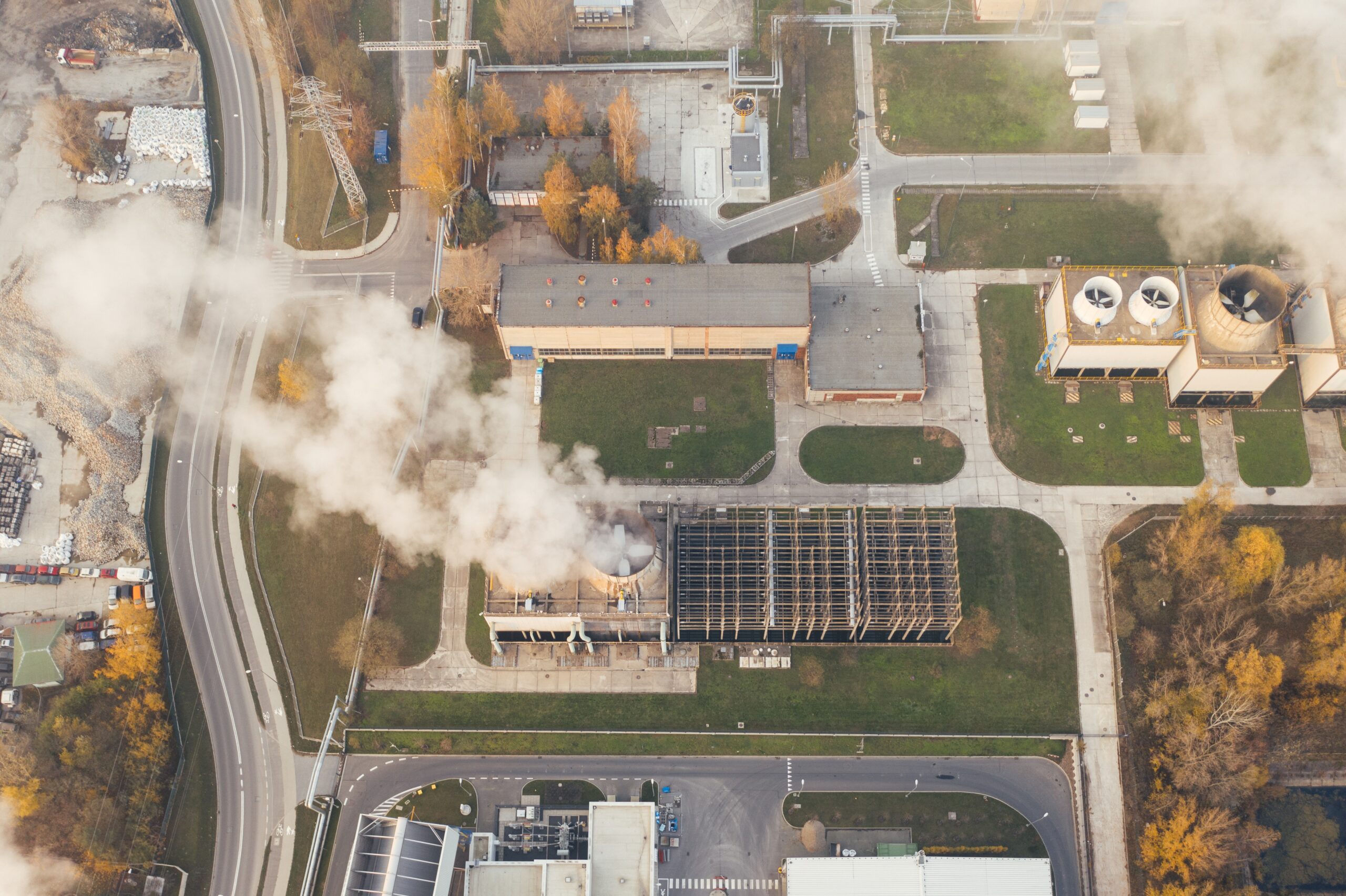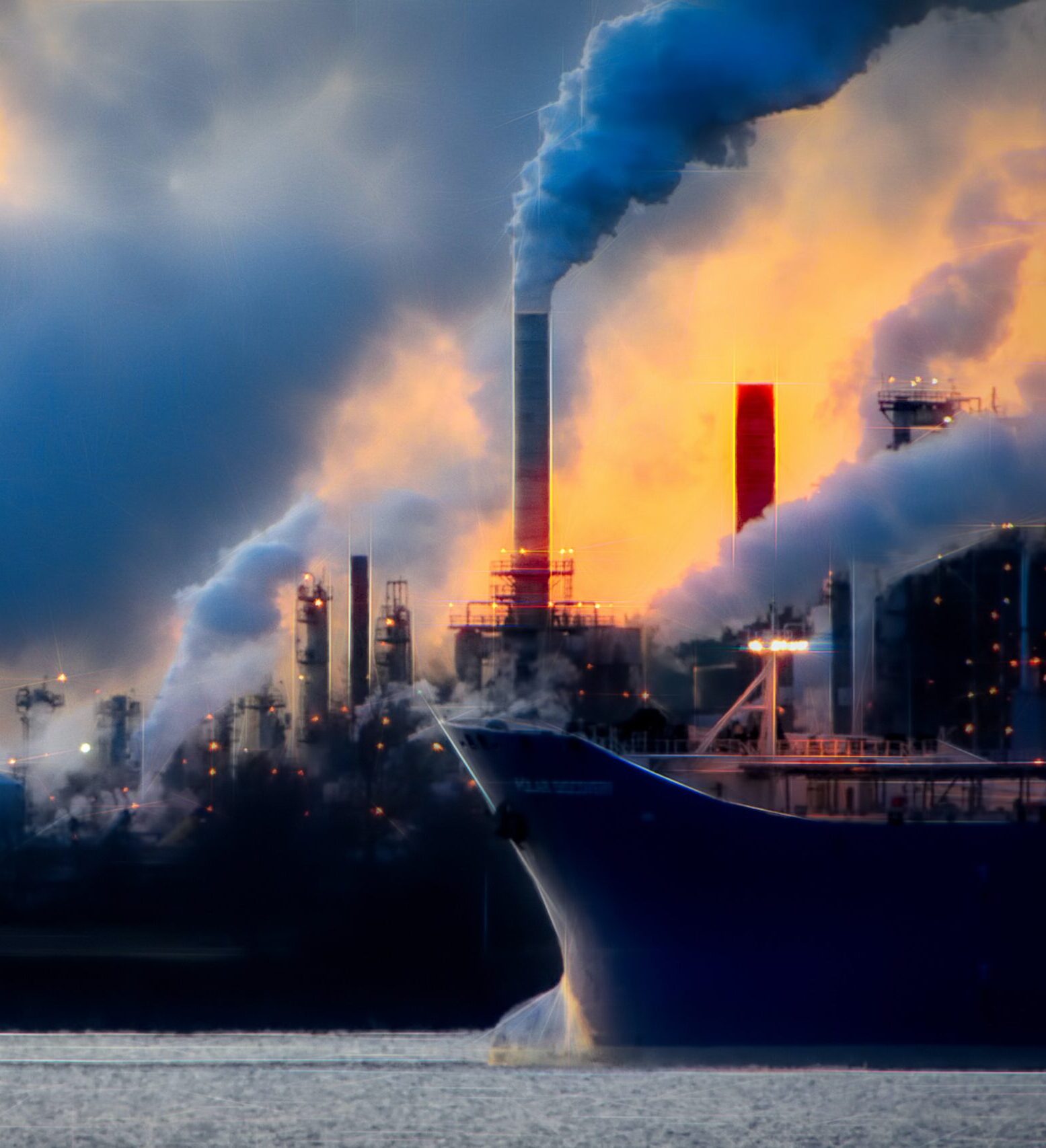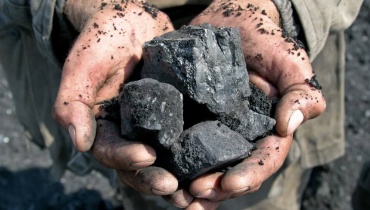The unequal economic consequences of carbon pricing
What are the effects of carbon pricing on emissions, economic aggregates and inequality?
Diego R. Känzig
Assistant Professor in the Department of Economics
Northwestern University

What are the effects of carbon pricing on emissions, economic aggregates and inequality?
Diego R. Känzig
Assistant Professor in the Department of Economics
Northwestern University


Close video

Climate change is the defining problem of our time. Apart from the detrimental environmental consequences, climate change is also associated with severe economic and financial risks. Developing countries are particularly exposed both because of geographical and institutional reasons. Fighting climate change, however, has proved very difficult because of its global nature and the pervasive externalities involved. Ultimately, climate change is an inequality issue: the communities most affected by it typically hardly contribute to global warming.

With the climate crisis looming, climate change is now at the top of the global policy agenda. Governments around the world have started to implement carbon pricing policies to mitigate climate change, either via carbon taxes or cap and trade systems. Yet, little is known about the effects of such policies in practice. Is carbon pricing effective at reducing emissions? What is the impact on output, employment and inflation, and who bears the economic costs of these policies?
To be able to analyse the economic effects of carbon pricing policies, Diego develops a new identification strategy, exploiting institutional features of the European carbon market and information contained in high-frequency financial data.
Combined with a significant data effort – gathering a broad array of macroeconomic data, household-level micro data, featuring detailed information on households’ expenditure patterns, income and other characteristics, as well as patent data on climate change mitigation technologies – Diego is able to map out the aggregate and distributional effects of the policy.


This tighter carbon pricing regime comes at the cost of temporarily lower economic activity and an increase in consumer prices.

Low-income households reduce their consumption significantly and persistently, response of higher-income barely significant. Not only are low-income households more exposed because of higher energy expenditure share, they also experience a stronger fall in their income.

Carbon pricing is also successful in stimulating green innovation which will be key for the longer-term transition to a low carbon economy.

Close video
This research shows that carbon pricing is successful at reducing emissions but this comes at an economic cost that is born disproportionately by poorer households. Not only are the poor more exposed because of their higher energy share, they also experience a larger fall in their incomes.
This highlights a trade-off between mitigating climate change and the socioeconomic costs of climate-change mitigation policies. Diego’s findings suggest that redistributing some of the carbon revenues to the most affected groups in society may help reduce the economic costs and strengthen public support for the policy.
More generally, addressing the distributional impacts of climate change mitigation policies will be crucial to organize a successful transition to a green economy.

Diego is an Assistant Professor in the Department of Economics at Northwestern University. He has obtained his PhD in Economics at London Business School. He holds an MSc in International and Monetary Economics from the Universities of Bern and Basel and a BSc in Economics from the University of Bern.
With the support of the Wheeler Institute, Diego is currently studying the economic effects of carbon pricing and the role of climate policy uncertainty. His paper “The unequal economic consequences of carbon pricing” received multiple awards, including the ECB Young Economist Prize, the Wheeler Institute PhD Award and the AQR Fellowship Award. Some of his work has already appeared in peer-reviewed journals including the American Economic Review, the Journal of Monetary Economics and the European Economic Review.
Diego’s research interests are in macroeconomics, with a focus on energy, climate change and inequality. His work seeks to advance two core research agendas. The first concerns the role of energy and climate change for financial and macroeconomic fluctuations. The second is to understand how economic inequality and household finance matter for the macroeconomy and macroeconomic policy. His research highlights that climate change and inequality also have important implications for the business cycle, above and beyond the significant long-run effects.
